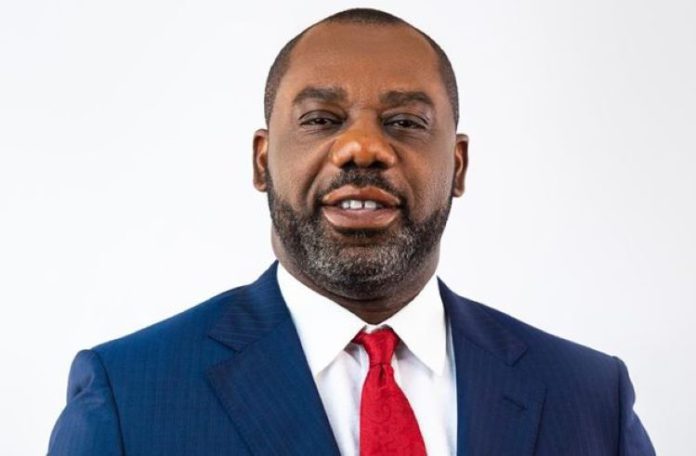The Deputy General Secretary of the New Patriotic Party (NPP), Haruna Mohammed, has dismissed calls for the resignation of the party’s running mate and Energy Minister, Dr Matthew Opoku Prempeh.
This follows the Convention People’s Party’s (CPP), demand that Dr Opoku Prempeh resign from his government and political positions within 24 hours over comments he made about Kwame Nkrumah.
During Dr Opoku Prempeh’s official unveiling, he declared that no president has developed the nation like President Akufo-Addo.
“Since independence from 1957 till today, we’ve not had any president that has helped Ghana like Nana Addo Dankwa Akufo-Addo. I say from 1957 till today, you can bring your Kwame Nkrumah… no president who has protected Ghana and moved the country forward like Nana Addo Dankwa Akufo-Addo,” he explained.
These comments have since infuriated the CPP, prompting them to call for Dr Opoku Prempeh’s resignation.
But in an interview on JoyNews’ The Pulse on Wednesday, July 10, Mr Mohammed described the calls for resignation as “unnecessary,” asserting that Dr Prempeh’s statement was merely political talk.
“I have perused through the constitution of the Republic, and I don’t see anywhere that warrants such a call based on a political comment made by a political actor within a political season,” Mr Mohammed said.
He emphasised that the CPP, being a political party vying for power, naturally considers Kwame Nkrumah an opponent to the NPP. Therefore, if Nkrumah’s accomplishments are critiqued compared as Dr Opoku Prempeh did, calls for resignation are unwarranted.
Mr Mohammed acknowledged that while Kwame Nkrumah made significant contributions to the country, he is not beyond criticism.
Meanwhile, spokesperson for Dr Opoku Prempeh, Fiifi Boafo, said the NPP running mate’s statement was subjective.
Speaking on Adom FM’s morning show Dwaso Nsem on Wednesday, he said “It’s a subjective opinion. It was not his intention to disrespect Dr Kwame Nkrumah. How you wish to communicate something does not always mean exactly what you wanted to say,” he stressed.

